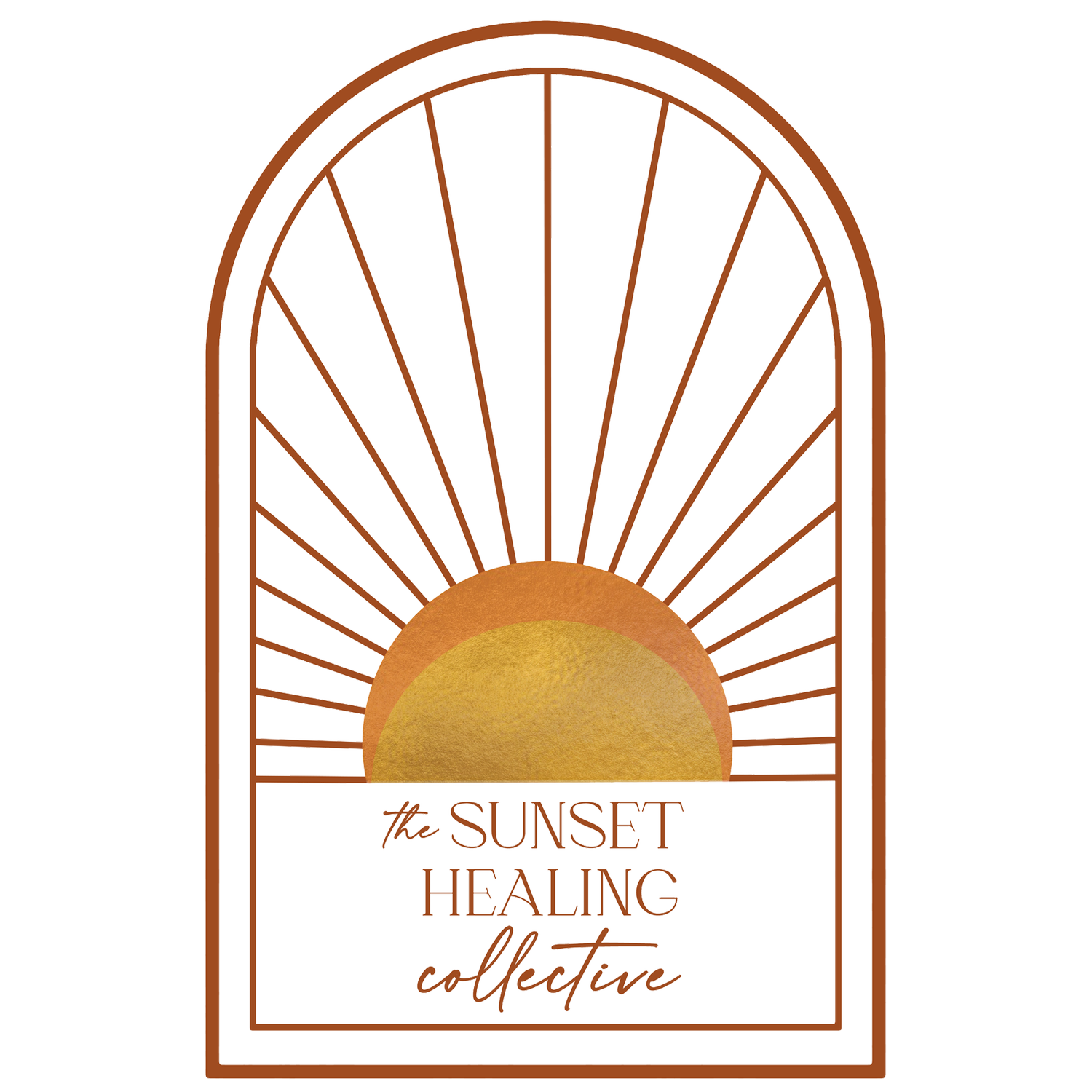Does acupuncture help with depression?
Rates of depression have been sky-rocketing in recent years. While some individuals have a propensity to depression due to genetics, many people with no family history of depression have found themselves struggling with depression, anxiety, insomnia and other signs of mental health imbalances.
Depression can range from mild to severe, and depending where you fall along the spectrum, acupuncture can be a helpful therapeutic solution. If you have no history of depression and suddenly find yourself feeling low, apathetic, disconnected and detached, it can be a confusing and scary experience.
There are numerous events that might trigger the onset of depression; seasonal changes, a shift in hormones, relationship struggles, overwhelm, stress, a traumatic event, new medications or a lack of purpose are all possible drivers of a depressive episode.
Regardless of the circumstance that trigger depression, the important question is can acupuncture help and how?
While it’s certainly possible acupuncture can help with severe depression and suicidal ideation, this should not be your first course of treatment. First get help from a mental health expert such as a therapist or qualified doctor, should you suffer with severe depression. Acupuncture for severe depression should not be the only therapy, nor the primary therapy.
Acupuncture as a therapy for depression is more appropriately geared toward moderate to mild depressive episodes.
It can be used as an adjunctive therapy to talk-therapy, CBT, and medication, or it can, in certain situations, be the solitary solution.
In order for acupuncture to be an effective solution to depression, anticipate needing weekly treatments for a few months. In addition to acupuncture, expect to make a few lifestyle changes which might include: herbs, exercise, meditation, diet and even full-spectrum light therapy.
How does acupuncture help depression?
Acupuncture creates immediate changes in the nervous system as well as the endocrine system which can regulate the production, concentration and distribution of endogenous substances like neurotransmitters. Whether it’s the increase of serotonin production, the down-regulation of cortisol or the activation of the para-sympathetic system, acupuncture can influence our mental health.
Is acupuncture safe and effective for depression? There has been a lot of research around acupuncture and depression. In fact, a recent meta-analysis (the collective interpretation of multiple studies) found that acupuncture not only out-performed SSRI’s in the treatment of depression, but it additionally carried fewer risks and side effects.
Here is the conclusion from a study that included 31 meta-analysis and 59 randomized control trials:
Conclusions: Although acupuncture appears to be more effective and safer than no treatment, control acupuncture and antidepressants, the quality of the available evidence was very low. Further methodologically rigorous and adequately powered primary studies are needed to confirm the effectiveness of acupuncture for depression.
Unfortunately, creating a “high quality” study with acupuncture is very tricky for scientists. This is primarily because it is virtually impossible to create a double blind trial; it’s obvious to both the patient and the administrator of the treatment who is getting needles and who isn’t.
The only control they can blind is what is known as “sham” acupuncture: placing needles in areas of the body where there aren’t acupuncture points. The major problem with this is that acupuncture always impacts the conduction of ions and charged particles across the cellular matrix, even if it isn’t exactly on a point. Which means even sham acupuncture can create a positive healing response.
One thing is certain, the risk of acupuncture is very low, whereas side-effects from SSRI’s and other antidepressants is much more common.
Six MAs concluded that acupuncture reduced the incidence of adverse events compared with antidepressants.
Common side effects of anti-depressants include:
Nausea, vomiting or diarrhea
Headache
Drowsiness
Dry mouth
Insomnia
Nervousness, agitation or restlessness
Dizziness
Sexual problems, such as reduced sexual desire, difficulty reaching orgasm or inability to maintain an erection (erectile dysfunction)
Impact on appetite, leading to weight loss or weight gain
If you struggle with depression or know someone who does, and you are seeking an alternative to prescription medication or an adjunctive therapy to medication, consider how acupuncture might be the solution you are seeking. If you are interested to learn more about acupuncture for depression and how it might help you, call Kristin.

